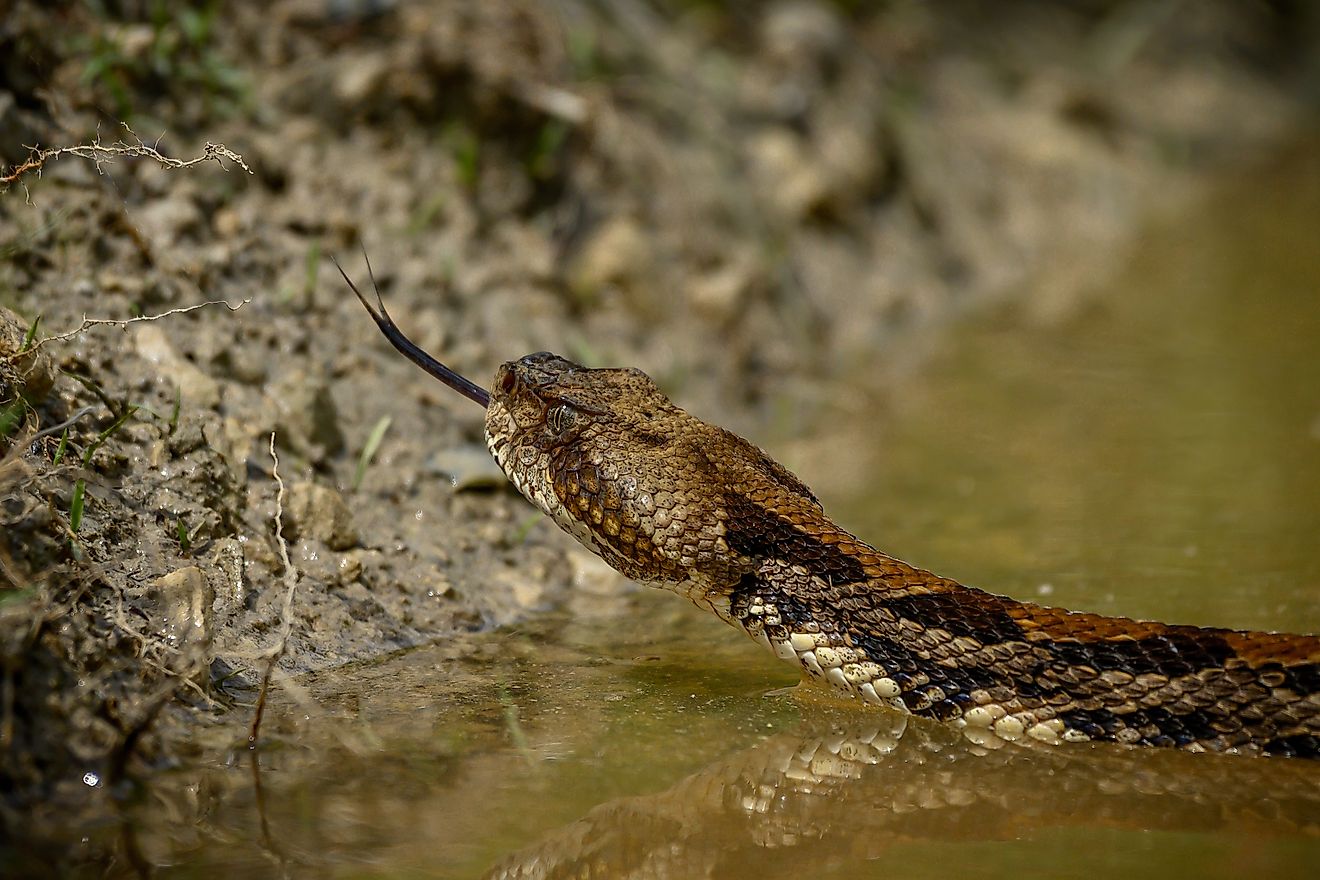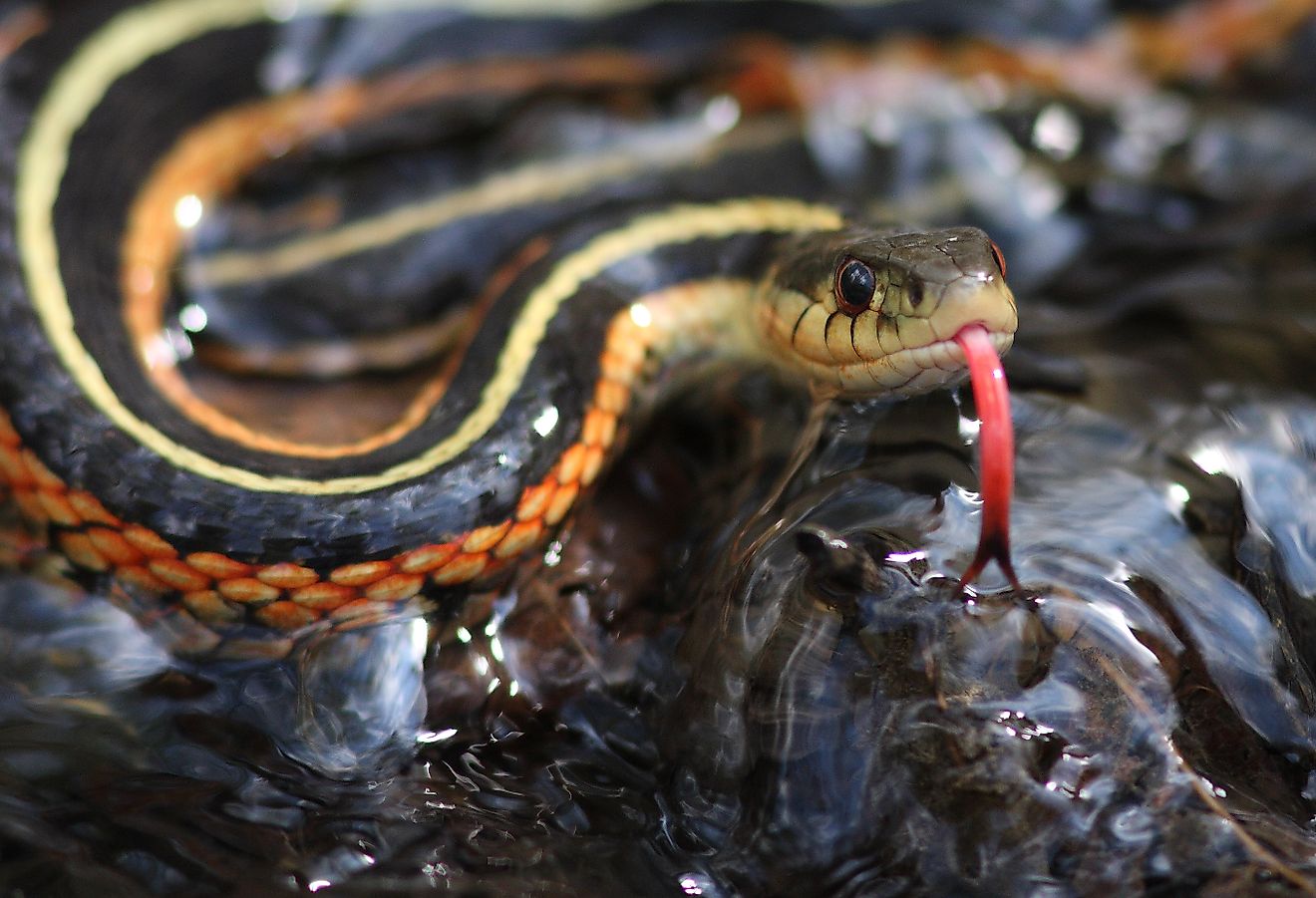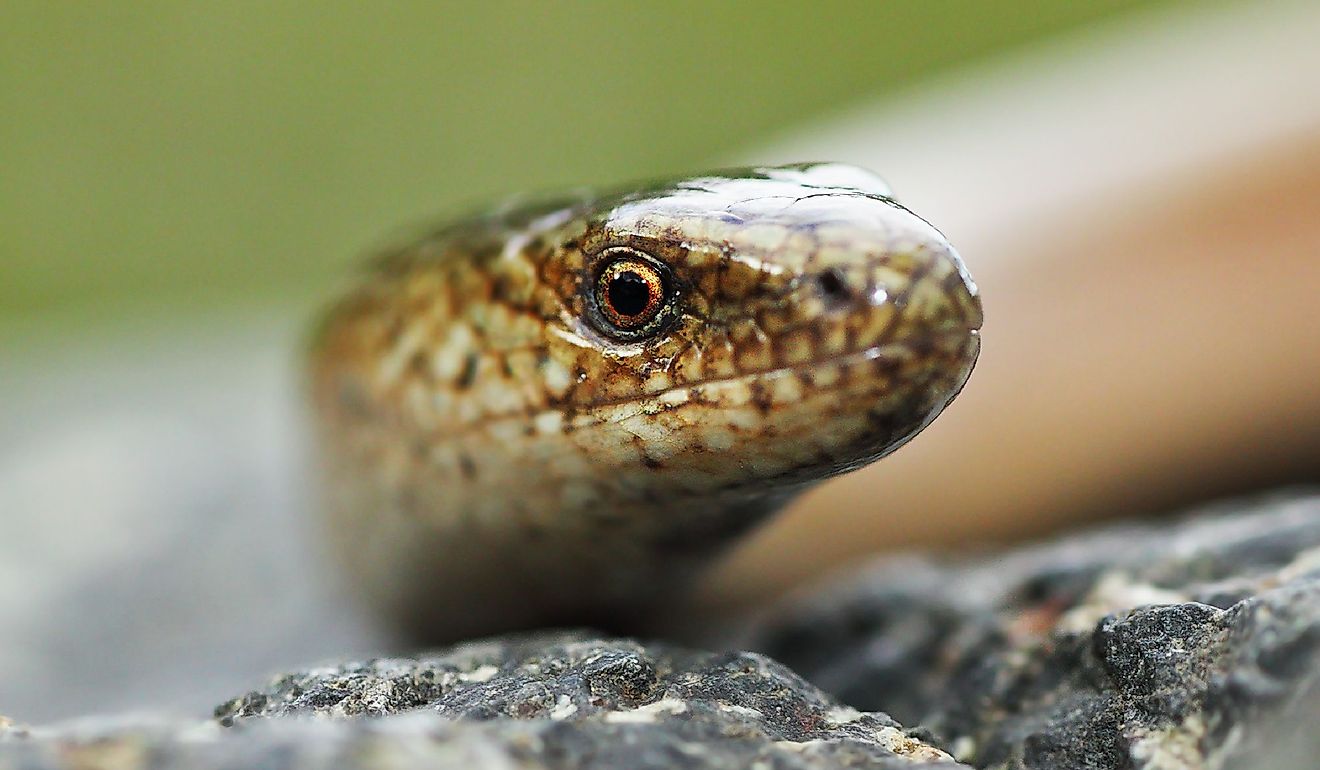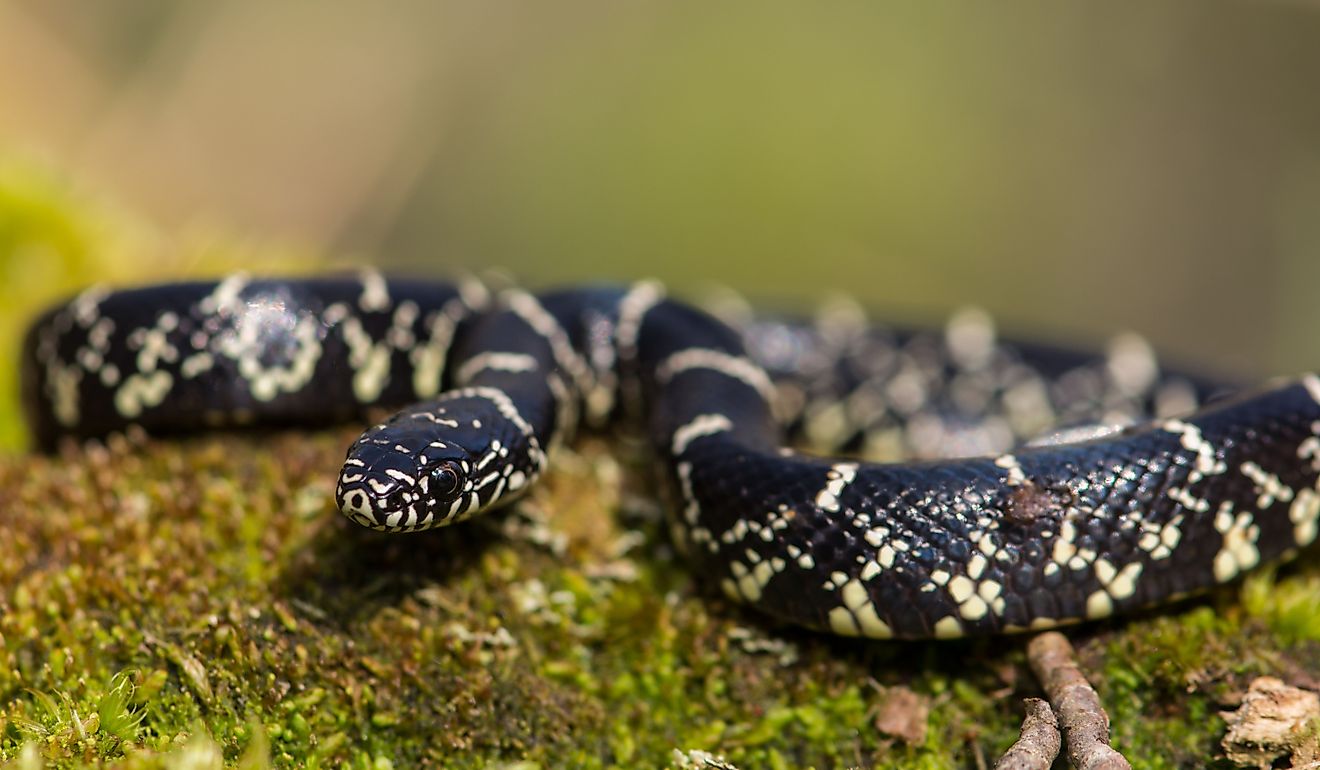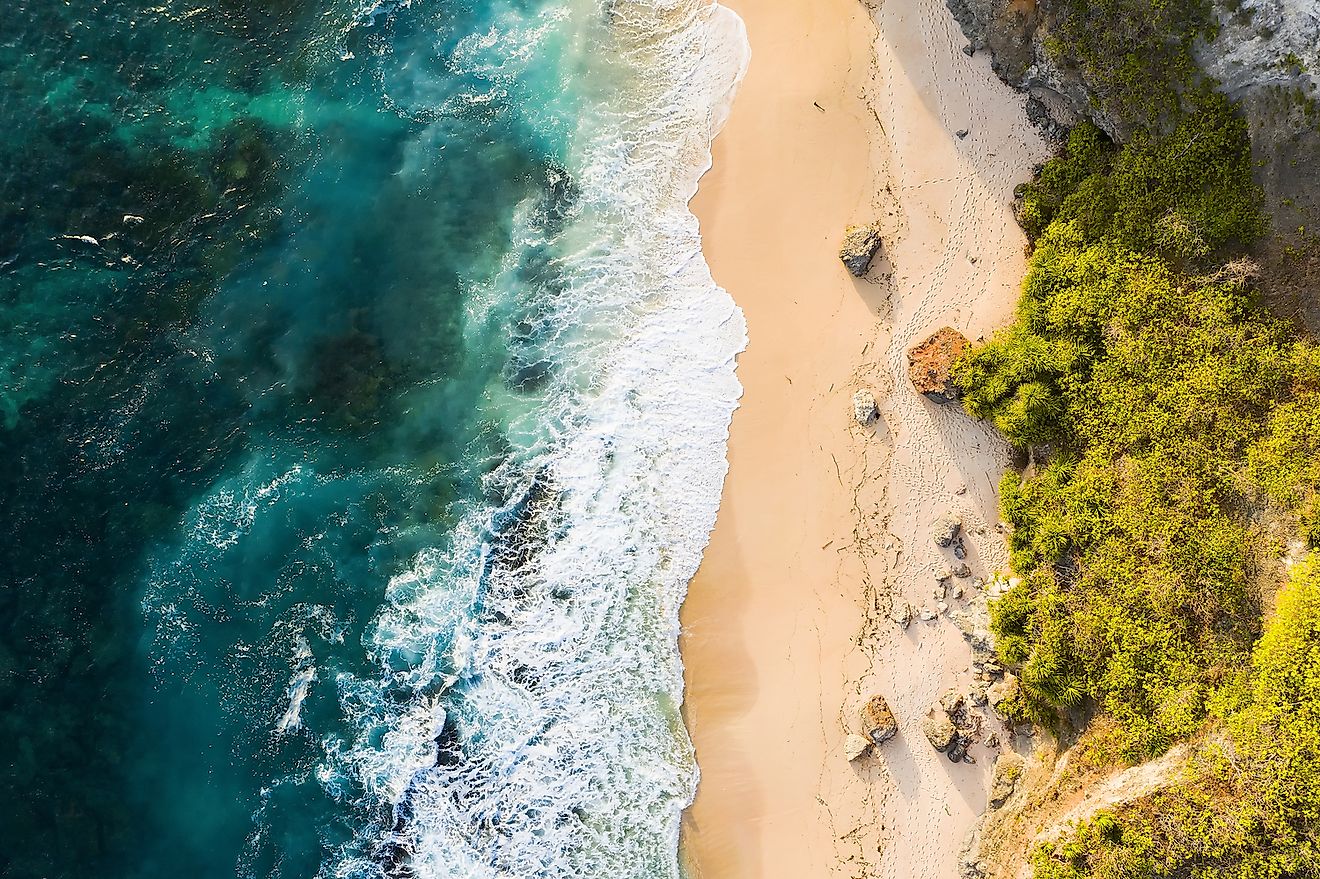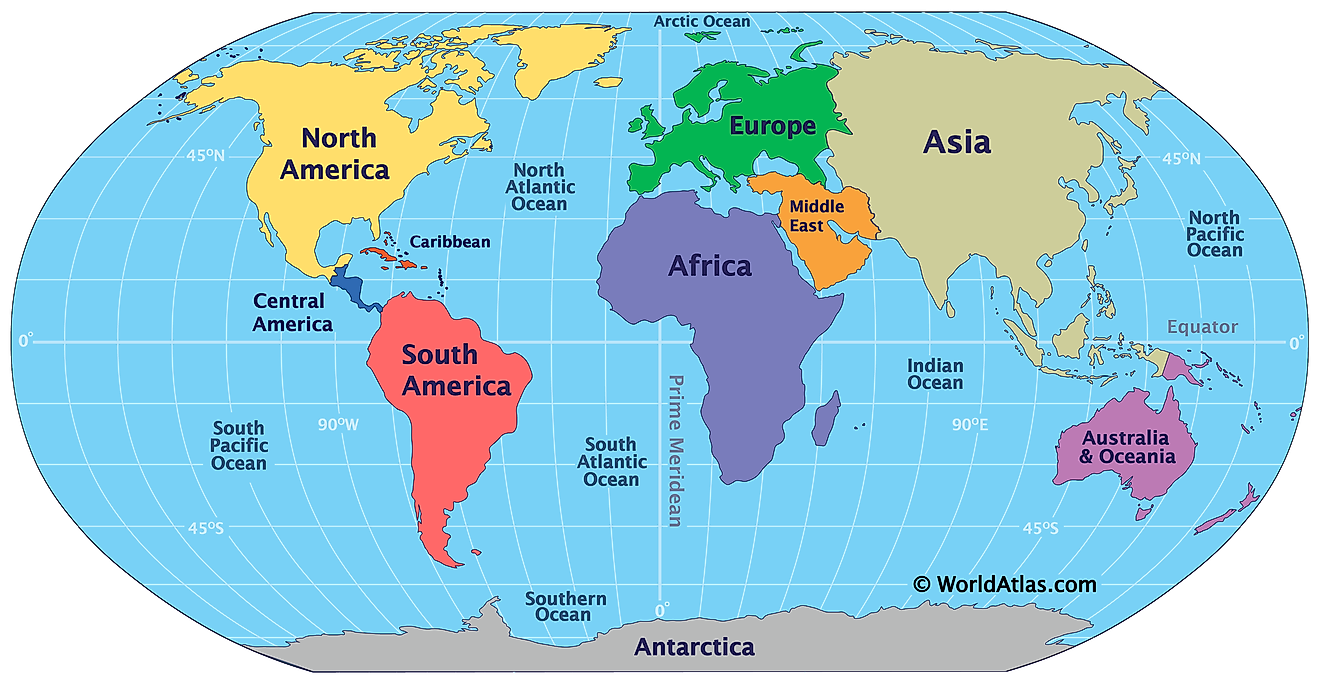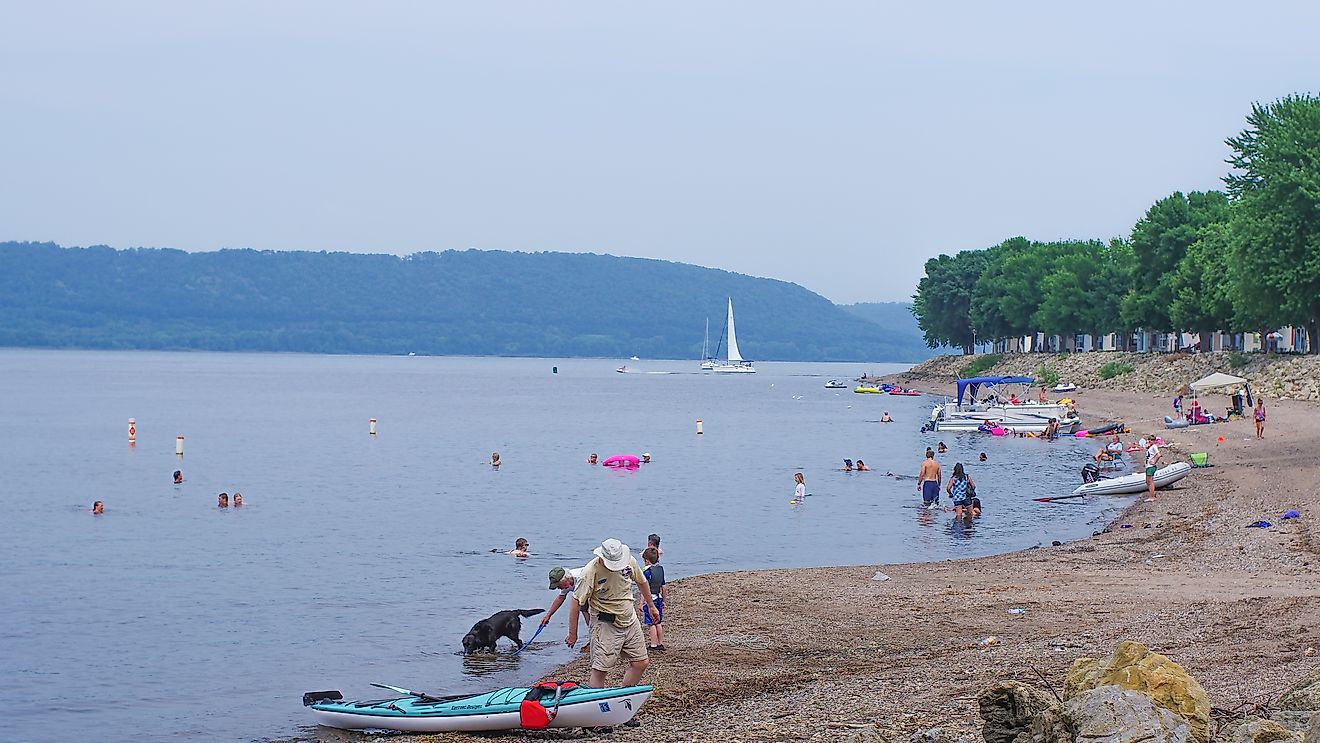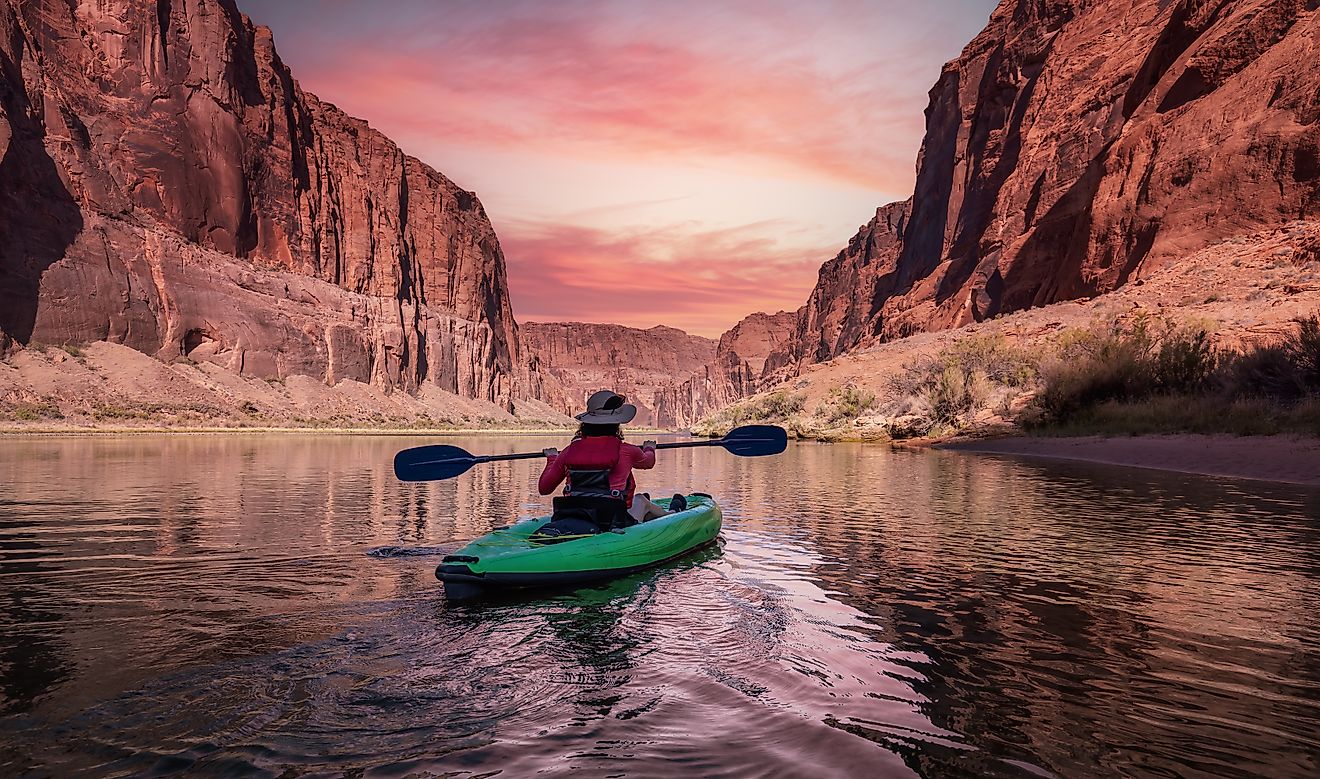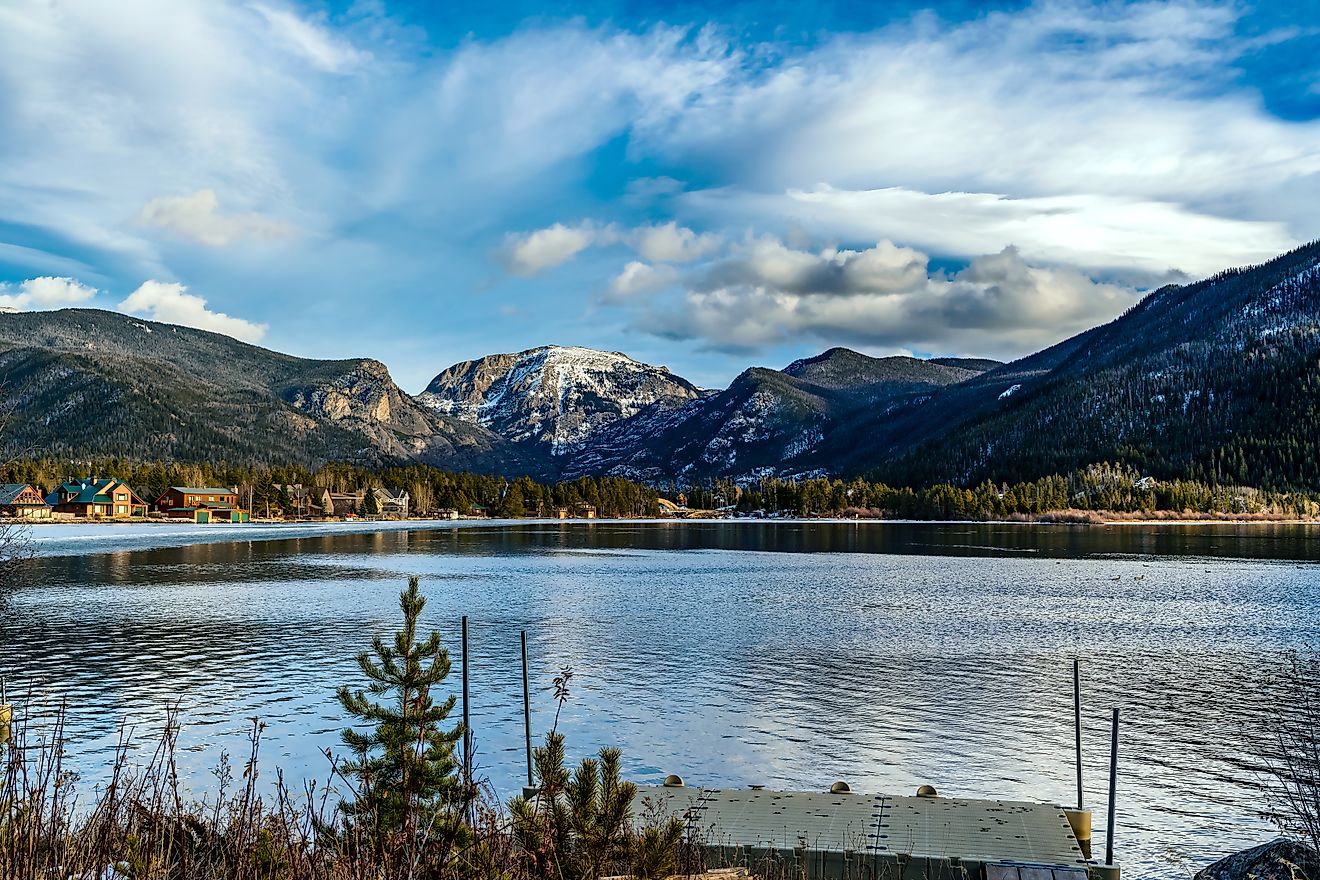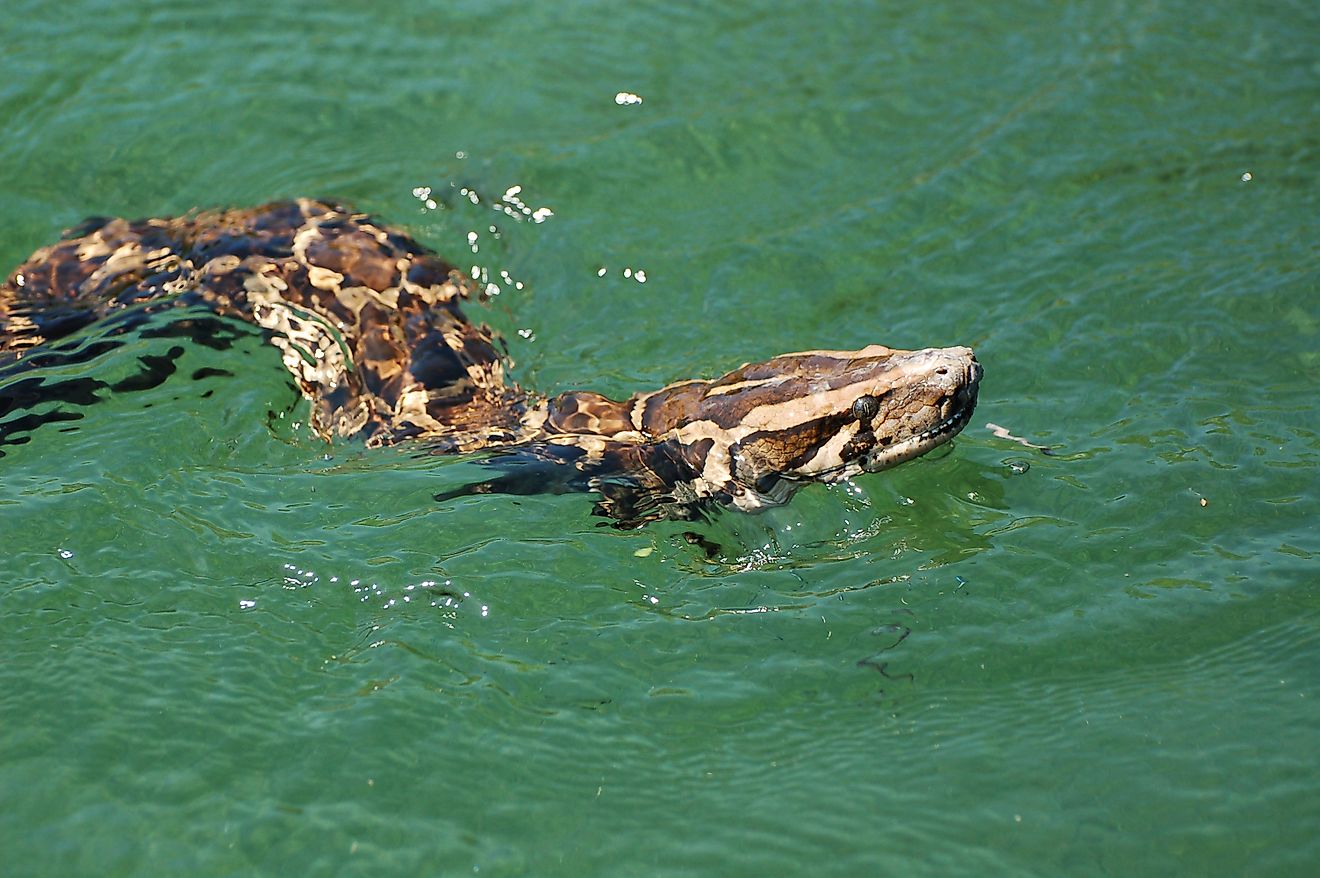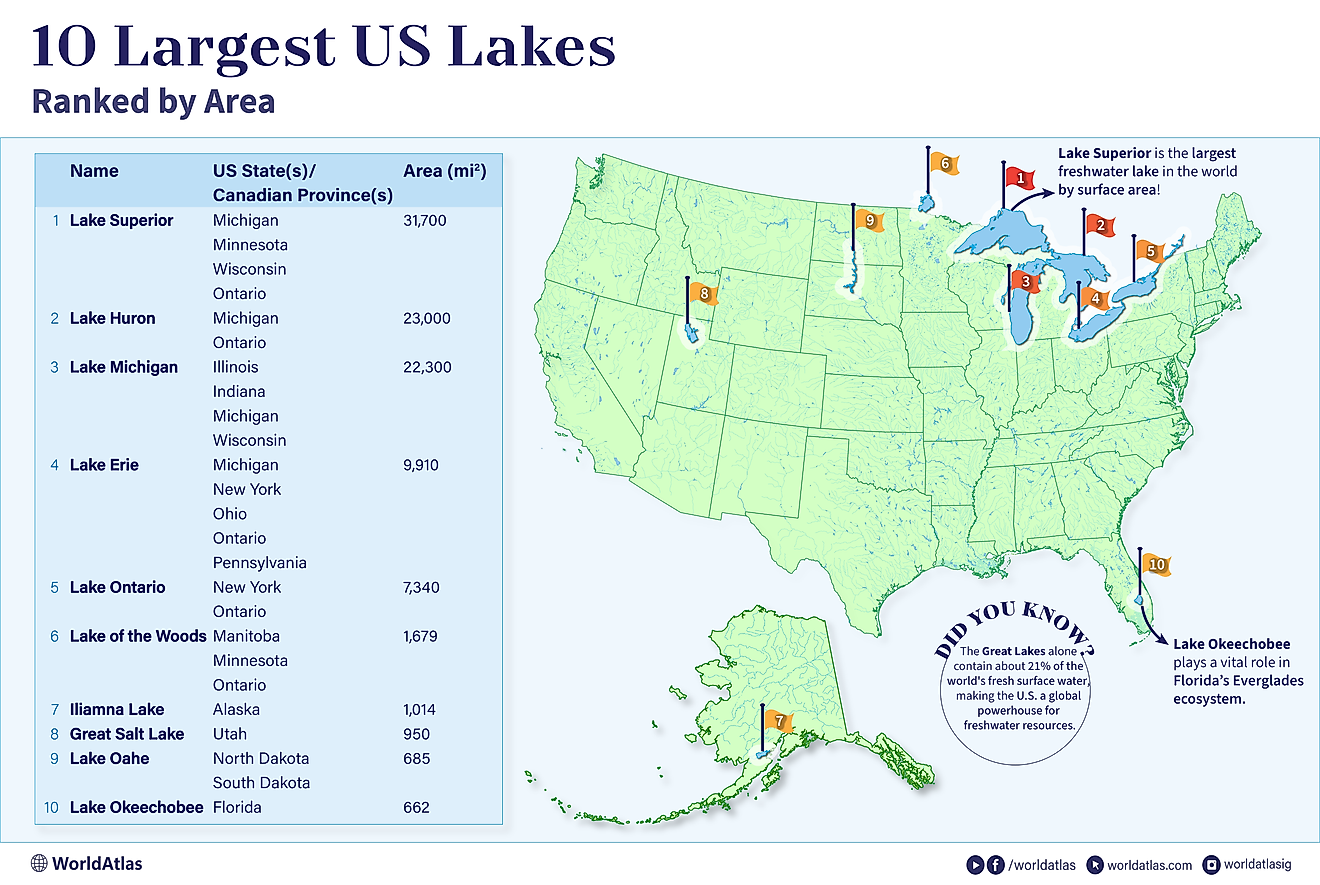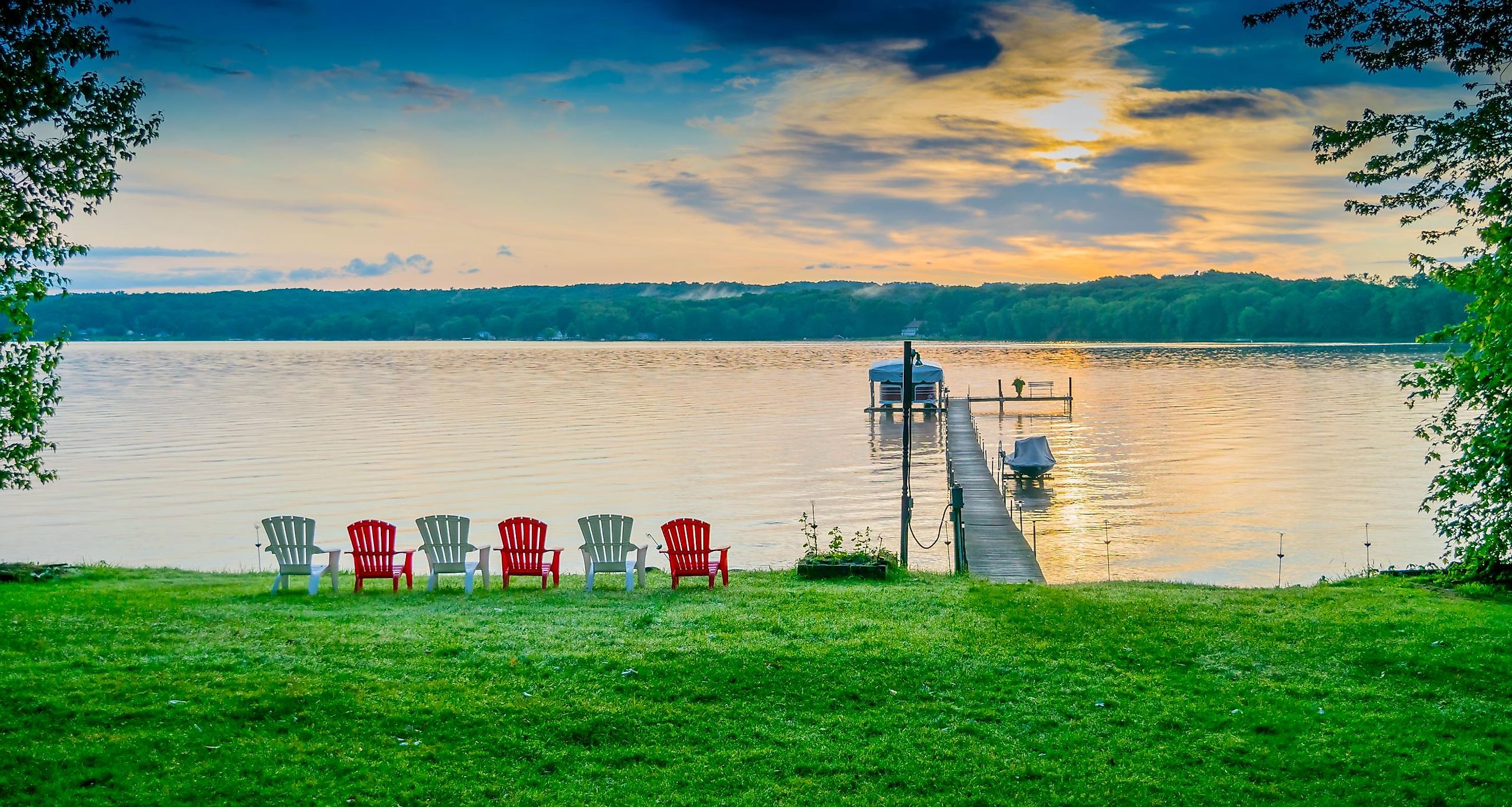
Chautauqua Lake, New York
Chautauqua Lake is the biggest inland lake in western New York, situated in the southeastern corner of Chautauqua County. At 399 m above sea level, Chautauqua Lake is one of North America's highest navigable water bodies. It is well-known for its boating, sailing, paddle sports, and fishing opportunities, offering excellent walleye, bass, muskellunge, and many panfish species. The lake is an essential aspect of any story regarding Chautauqua County and its residents since it greatly influenced the course of the county's history.
About The Chautauqua Lake
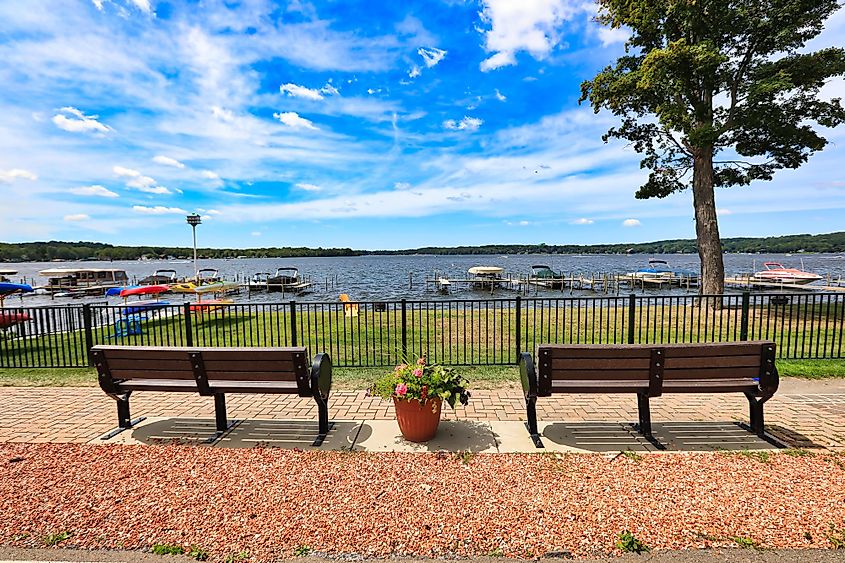
Chautauqua Lake has a length of approximate 27 km, a maximum width of 3.2 km, and covers 53 sq. km in western New York's Chautauqua County. The Bemus Point divides the lake into two approximately equal-sized basins. The Chautauqua Lake's north basin has a maximum depth of 75 feet and an average depth of 25 feet. With an average depth of 11 feet and a maximum depth of 19 feet, the lake's south basin is much shallower. In the city of Jamestown, the Chautauqua Lake first empties into the Chadakoin River, and then flows eastwards into the Cassadaga and Conewango Creeks. The creeks flow southwards draining into the Ohio River in Pittsburgh and the Allegheny River in Warren, Pennsylvania.
It is believed that the glacial epoch resulted in the formation of Chautauqua Lake. It's probable that before that, the lake's northern end, which was then just a river, flowed into Lake Erie in the same manner as the streams north of the separating ridge still do now. But when the ridge developed, it stopped the river's flow and raised it to a height where it joined the southward-flowing river, creating the Chautauqua Lake that is familiar to us today. Prendergast Point, Bemus Point, Long Point State Park, Lucille Ball Memorial Park, Mayville Lakeside Park, and Lakewood are some of the points from which one can access the lake. These locations provide shore fishing, a marina, a boat launch, and a day-use area.
History Of Chautauqua Lake
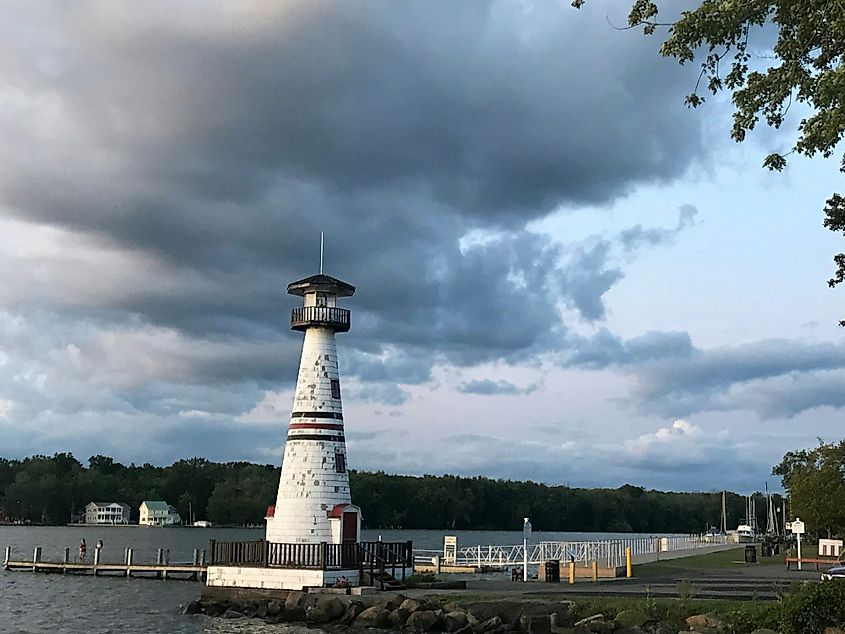
As one of the communication points between Canada and Louisiana, Chautauqua Lake was crucial to the French discovery of North America. Later, with the introduction of the steamboat, the lake helped Jamestown grow by facilitating the importation of various items. In 1827, Alvin Plumb constructed the first steamboat that plied the Chautauqua Lake. Its main objective was to deliver commodities from the East to a Jamestown market that was ripe for business. As Jamestown's populace grew, additional steamboats were required to accommodate the expanding market. With the beginning of the tourism business in the final part of the 18th century, the lake took on a new function. Over a century, tourism developed into a significant business and has remained essential to the county's economic strength.
Recreation In Chautauqua Lake
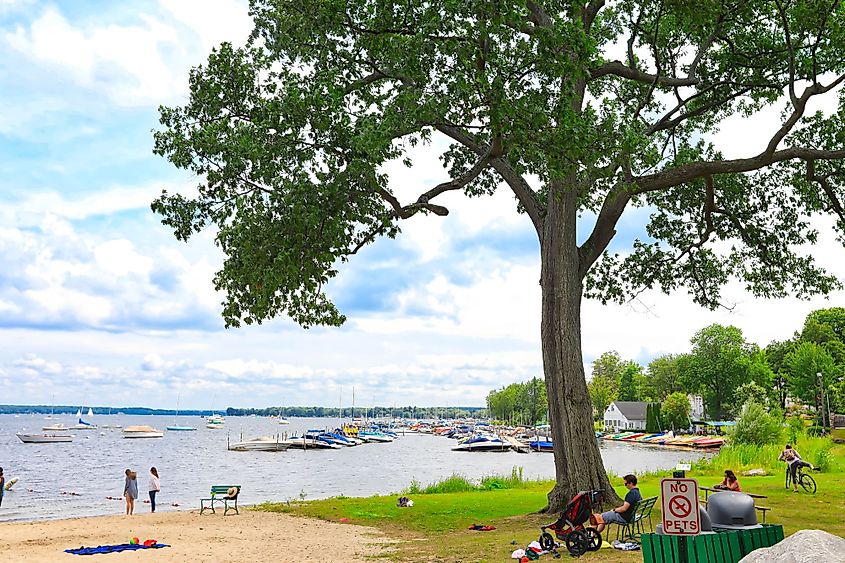
The lake is mainly utilized for leisure and recreational activities, including sailing, boating, fishing, and swimming. Most visitors head to the Chautauqua Institution, which has a variety of shops and eateries, live music performances, and several open-to-the-public lectures during the summer. Sandy Bottoms and Long Point State Park, both close to Maple Springs, are two of the lake's busiest boating spots. It is not unusual to see up to 100 boats in this part of the lake on busy, warm weekends. On the fourth of July, localities near the lake light off fireworks displays. There is also a 36-hole golf course, tennis courts with fast-dry and hard surfaces, playing fields, playgrounds, and exercise facilities.
Fishing In Chautauqua Lake
Since 1902, 81 different fish species have been identified in Chautauqua Lake, most famously including largemouth and smallmouth bass, muskellunge, walleye, and panfish. In western New York, Chautauqua Lake is a popular "hard water" fishing spot with decent chances to catch walleye and a variety of panfish. Yellow perch and other panfish are frequently found in the Mayville, Prendergast, Long Point, Dewittville, Ashville Bay, and Celoron regions. Walleye catching is quite successful in Chautauqua Lake's north basin.
